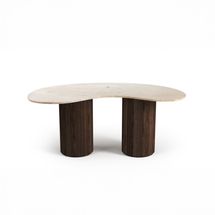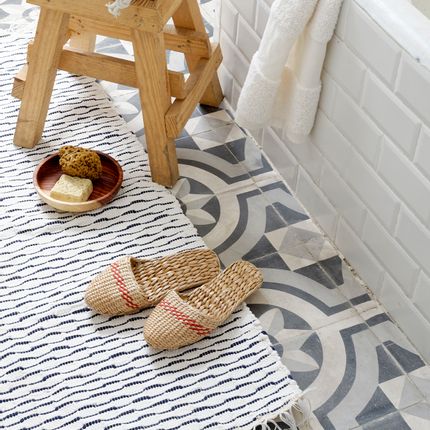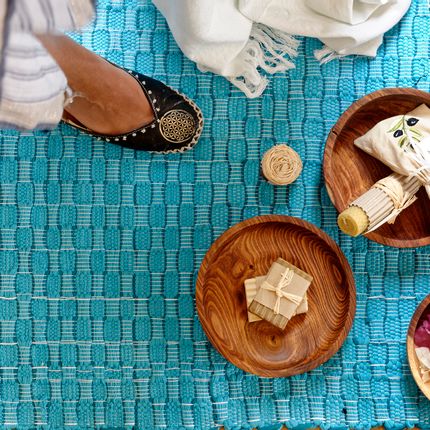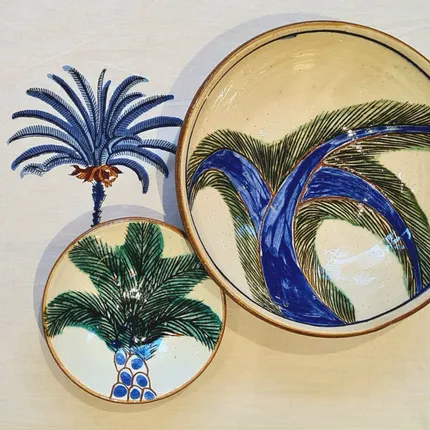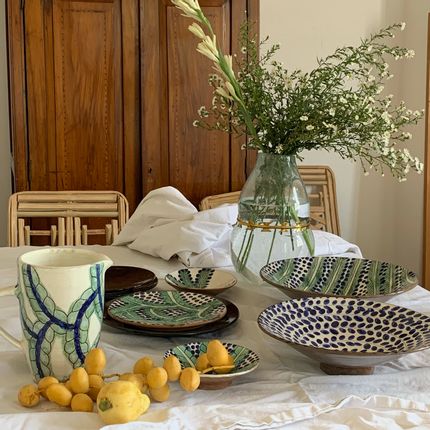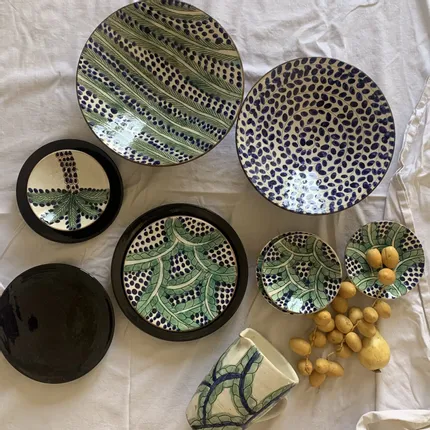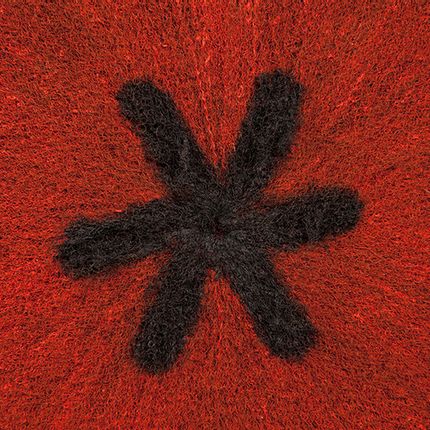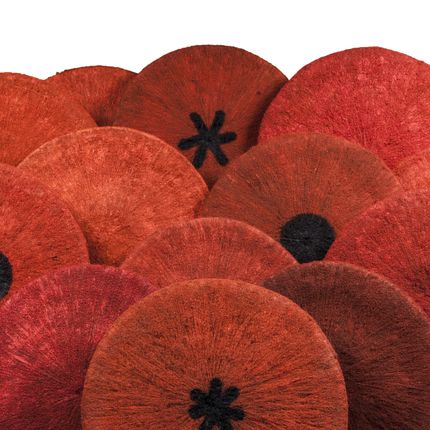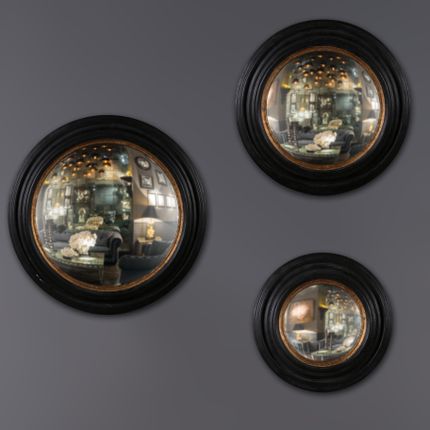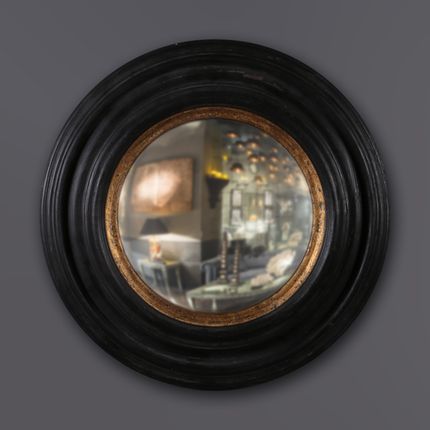Set a course for African craftsmanship
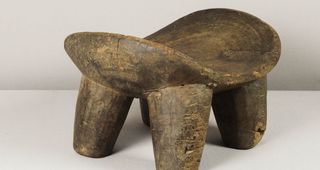
The African continent abounds with marvelous craftsmanship for the home: furniture in exotic, hand-sculpted woods, oversized woven rugs, or primitive, hand-painted pottery...There's something for all tastes and budgets.

"Recycled" rugs
These recycled cotton rugs are hand-woven in Egypt by women from the Chiffoners community using a technique developed by textile designer Claire Bonardot. 5 different sizes and possibility of tailor-made. The color schemes are very varied. Contact us for any specific request. New colors available exclusively for the Digital Fair M&O
Tounis “Palmier” bowl, bowl and salad bowl
Collection of a robust and refined traditional pottery series of cups, bowls, plates fully handmade and hand painted in the small village of Fayoum, on the edge of an oasis in Egypt.Its primitive, hand-painted pattern of palm-tree,shows how the African continent abounds with marvelous craftsmanship for the home.They are fabricated with local materials and a traditional enamelling techniques that had disappeared since the 13th c. and reintroduced by a Swiss ceramist in the 1980s. Tradition perpetuated today by 3 generations.Not suitable for use in the dishwasher or microwave
FOLIAGE: plates, dishes, cups, jugs, etc. FL001 to FL006 SERIES
Traditional Egyptian ceramic made on lathe foot and hand painted in tribute to the sublime decorations that adorn it. “Foliage” is an ode to the lush surrounding nature. The collection is the result of our close collaboration of 6 years with one of the youngest pottery artisans from the 5th generation: one of TakeCaire's partner artisans, trained at the famous Fayoum school, located in a small village in an oasis bordering the Nile Valley. The series is available in dishes, bowls, plates and jugs. Not suitable for dishwashers or microwaves.
Isicholo - Zulu Headress - Kwa-Zulu-Natal area, South Africa
Privilege of married women, these headdresses in ocher-coated hair were offered by the groom's family to the future bride, in the notable Zulu families. A star or dot patern adorns those of leader clan's women. Comes with an adjustable metal base.
Set of 3 Round Convex Mirrors Framed
Set of 3 round witch mirrors, in the 19th century Flemish tradition. These convex mirrors are called "witches' mirrors" because they were attributed magical powers. Placed in front of a window, they allow diffusion of light inside houses. Technique: Sculpted medium, Acrylic paint Support: MDF

